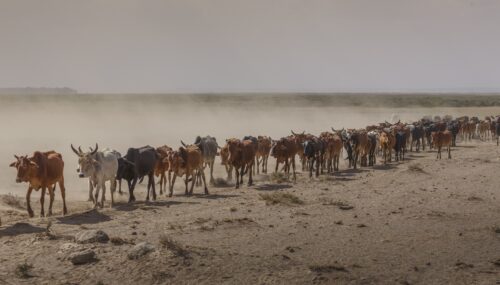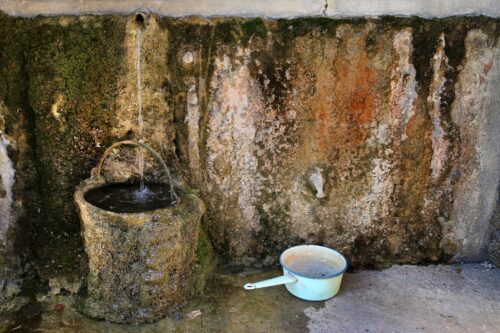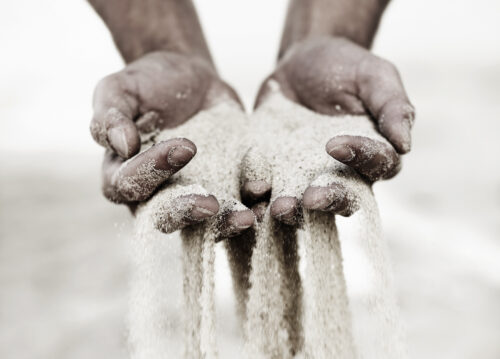You may republish this article, either online and/or in print, under the Creative Commons CC BY-ND 4.0 license. We ask that you follow these simple guidelines to comply with the requirements of the license.
In short, you may not make edits beyond minor stylistic changes, and you must credit the author and note that the article was originally published on SAPIENS.
Accompanying photos are not included in any republishing agreement; requests to republish photos must be made directly to the copyright holder.

















